Microsoft will invest in the cloud computing and AI infrastructure of Japan
The company will provide free training materials on AI
3 min. read
Published on
Read our disclosure page to find out how can you help Windows Report sustain the editorial team. Read more

Microsoft plans to invest $2.8 billion in Japan to boost its AI and cloud computing and AI infrastructure. Additionally, the company wants to train 3 million people to use AI through its digital skilling programs. On top of that, the Redmond giant wants to build its first Microsoft Research Asia lab in the country.
In Microsoft’s 46-year history in Japan, there wasn’t an investment like this one. Through it, the company hopes to accelerate Japan’s digital transformation and adoption of AI. As a result, the Redmond giant could improve its cybersecurity collaboration with the Government of Japan.
How will Microsoft accelerate Japan’s adoption of AI?
This investment allows Microsoft to bring advanced computing resources with cutting-edge graphics processing units (GPUs) within Japan. Thus, it will be easier for the company to speed up AI workloads. By the way, this investment doubles the initial one made by Microsoft towards this goal.
Japan’s Ministry of Economy, Trade, and Industry and Microsoft collaborate on the Generative AI Accelerator Challenge (GENIAC) program. This project aims to help innovative startups and established enterprises develop foundational models as a core technology for generative AI.
Microsoft will enhance people’s capabilities to use AI in different fields
The company’s plan to train 3 million people will focus on organizations, developers, and students. In addition, Microsoft will expand its Code Without Barriers program in Japan. So, the tech giant will provide dedicated training for women interested in AI to address gender equity in AI.
Furthermore, in collaboration with the United Nations Institute for Training and Research (UNITAR), Microsoft will bring free and accessible online training materials on AI, cybersecurity, and digital skills to Japan. Also, the company will use GitHub Copilot to assist advanced developers and tech companies. Apart from this, Microsoft will provide vocational high schools with AI programs.
The Microsoft Research Asia lab will open in Tokyo. It will focus on research in important areas relevant to the country’s needs. Thus, the lab will prioritize AI and robotics, societal AI and well-being, and scientific discovery. The new Microsoft Research Asia lab should also strengthen the company’s historical collaborations with universities from Japan.
In addition, Microsoft will provide $10 million in resource grants to The University of Tokyo and the Partnership on Artificial Intelligence Research between Keio University and Carnegie Mellon University.
Japan’s Cabinet Secretariat will collaborate with Microsoft to enhance its cybersecurity systems. They will focus on information sharing, talent development, and technology solutions. Also, Microsoft will provide advice and its advanced cloud and AI-driven security services.
Ultimately, Microsoft’s $2.8 billion investment in Japan will contribute to the country’s economic goals. After all, they will expand the digital infrastructure, create a skilled AI workforce, strengthen cybersecurity, and accelerate Japan’s adoption of AI. Hopefully, the company won’t affect the country’s security or environment with its cooling systems for AI.
What are your thoughts? Do you think that Japan will benefit from Microsoft’s investment? Let us know in the comments.
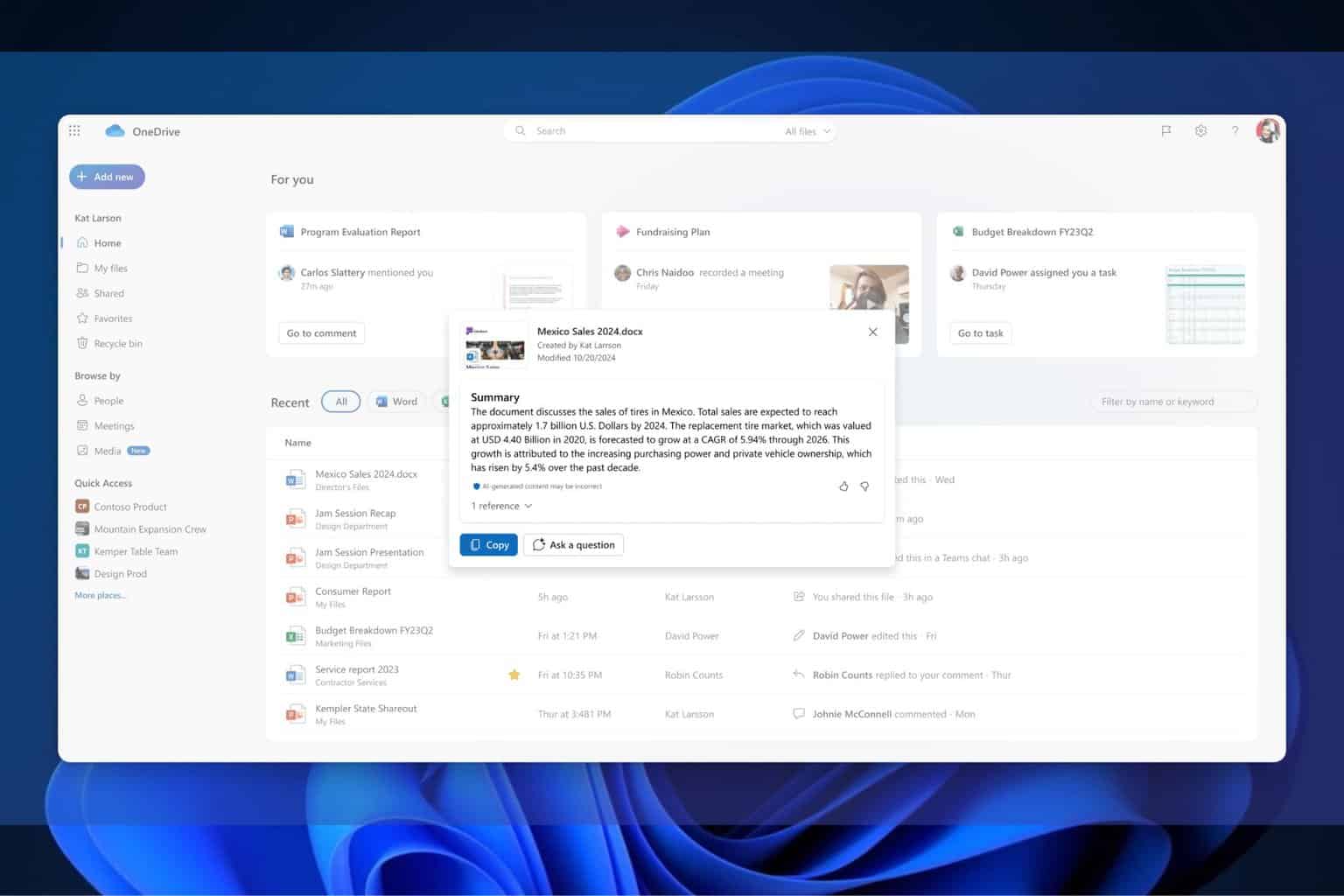


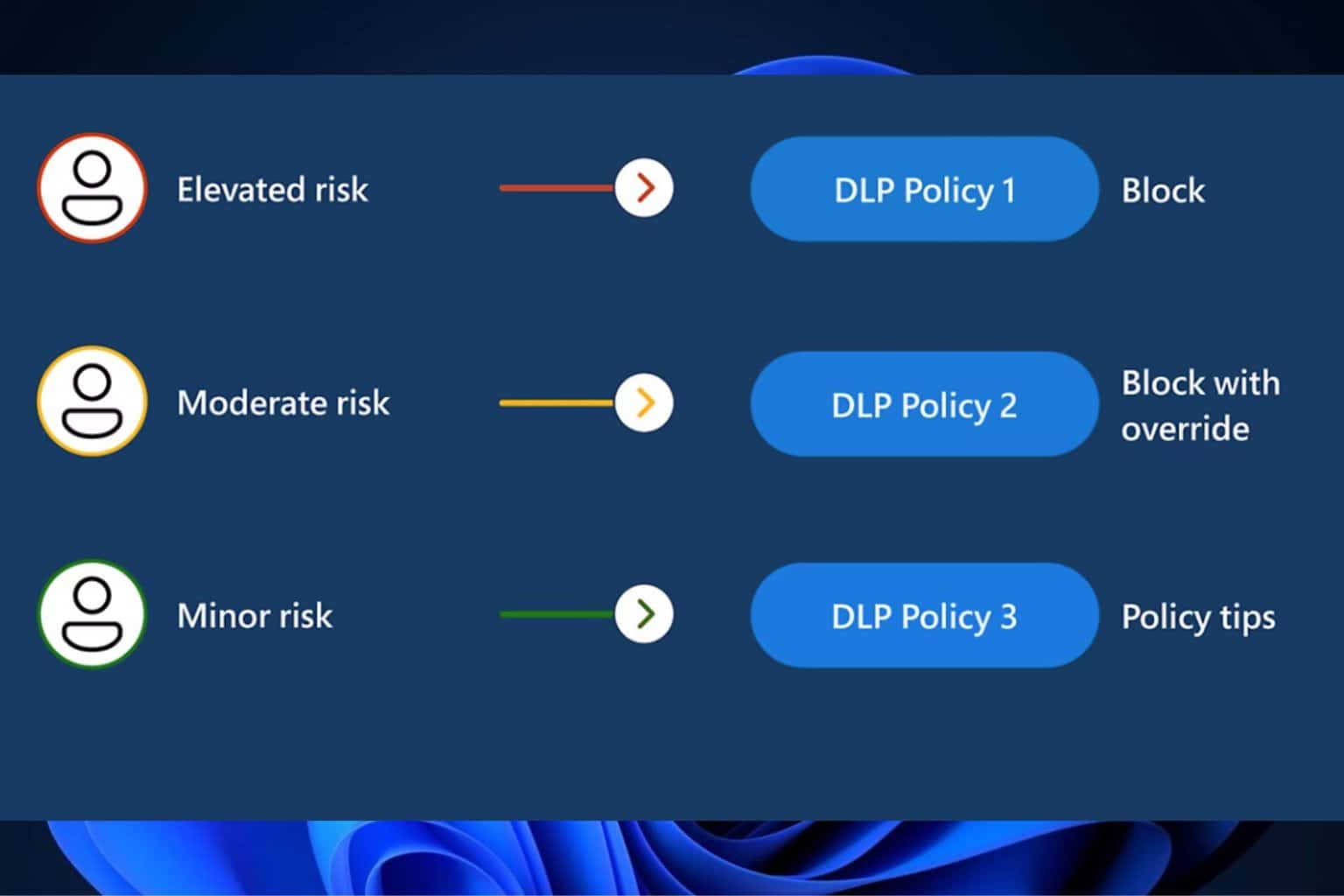

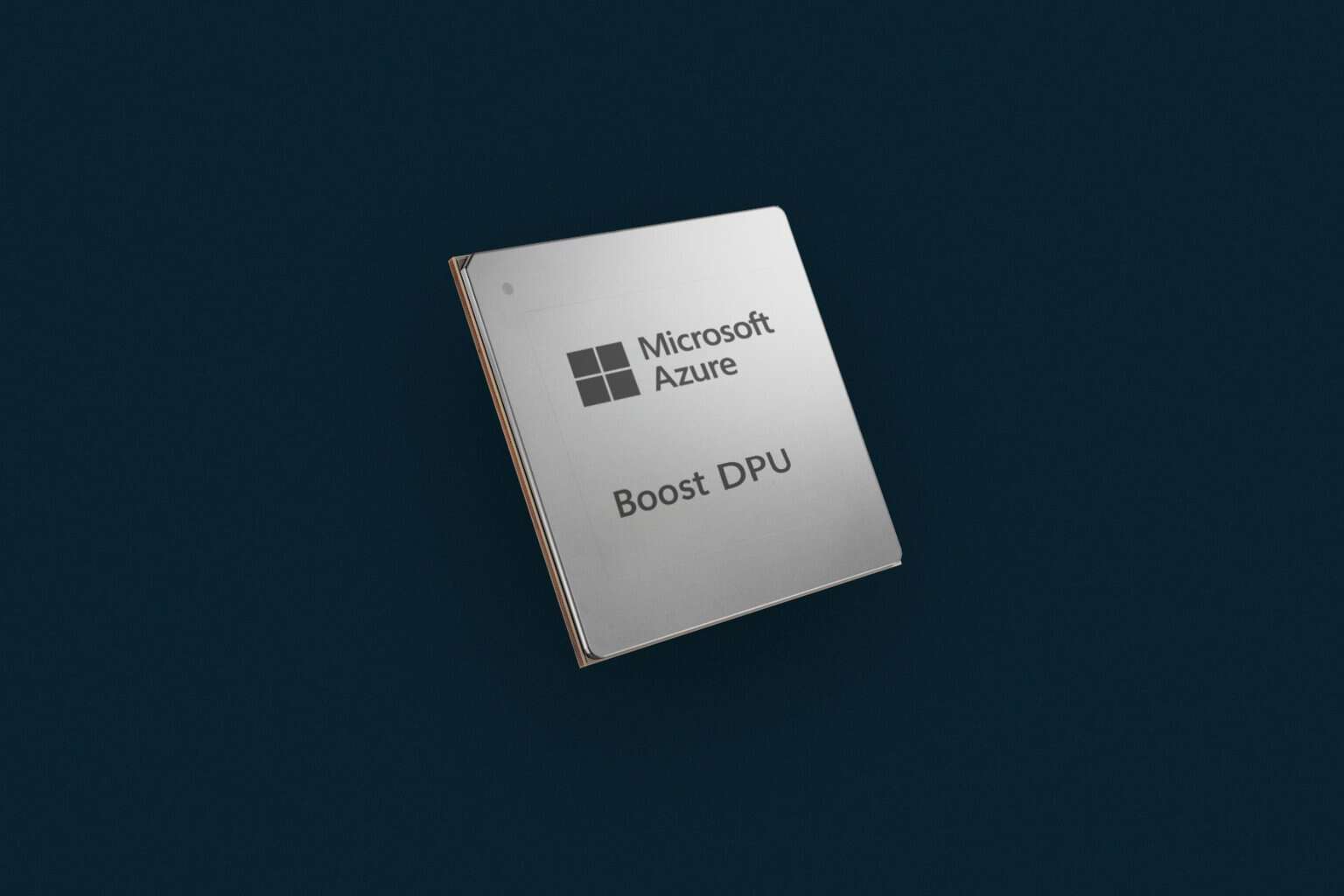
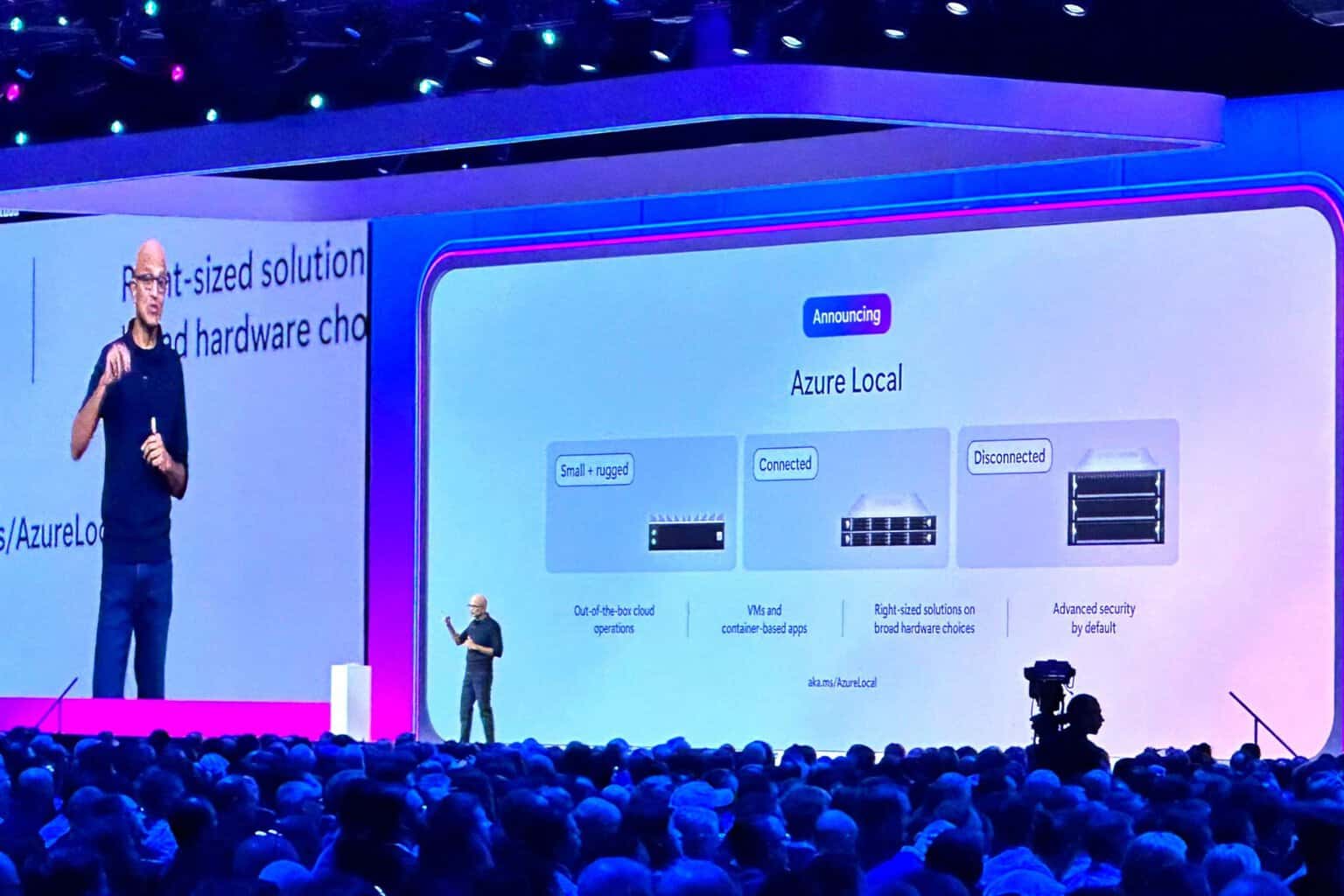
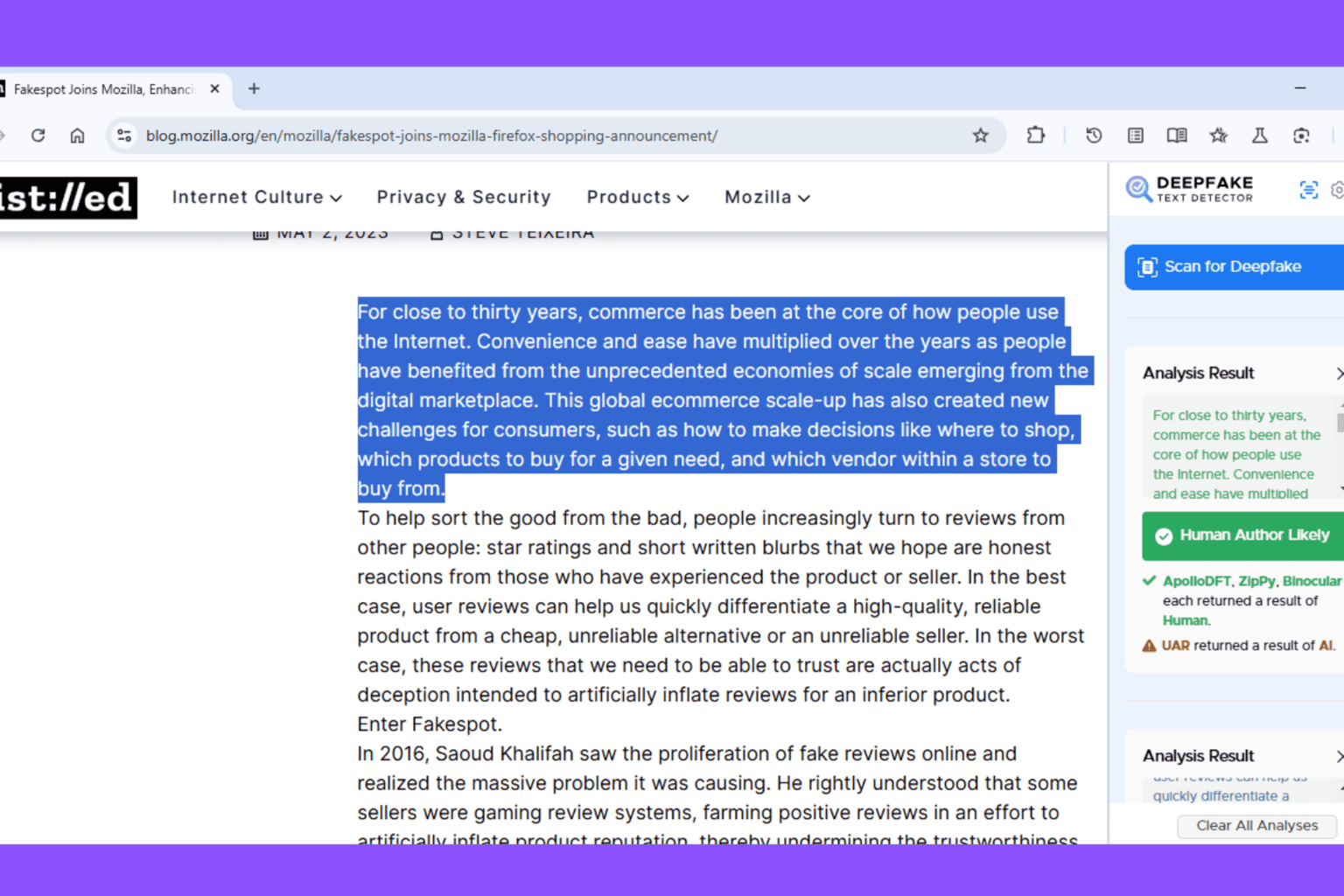
User forum
0 messages